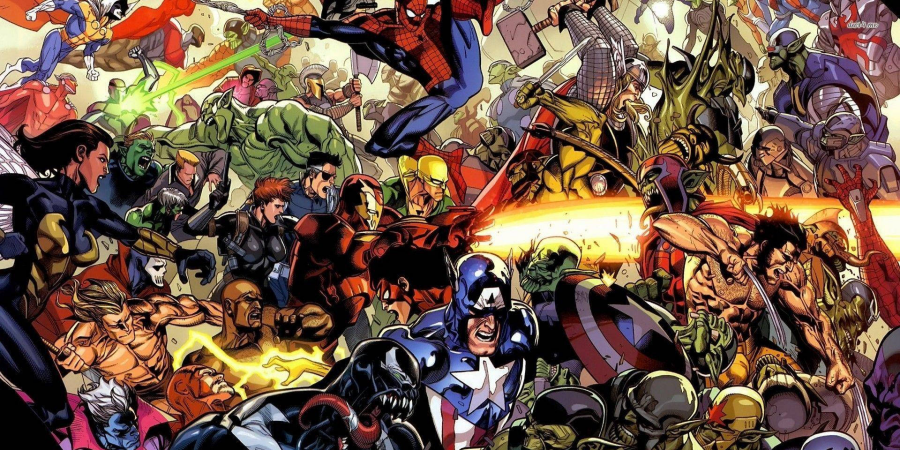

Marvel, a titan in the entertainment industry, has an expansive and multifaceted history that spans over eight decades. Founded in 1939 as Timely Publications by Martin Goodman, Marvel began as a small comic book publisher. The company rebranded as Atlas Comics in the early 1950s and finally became Marvel Comics in 1961. This rebranding coincided with the creation of the Marvel Universe, which has grown into a cultural phenomenon.
The dawn of the Marvel Universe is often attributed to writer Stan Lee and artist Jack Kirby. Their collaboration brought about the Fantastic Four in 1961, a team of superheroes that broke away from traditional archetypes. This success was followed by the creation of iconic characters such as Spider-Man, the Hulk, Iron Man, Thor, and the X-Men. Unlike earlier superheroes, Marvel's characters were more complex and human, dealing with personal struggles, moral dilemmas, and real-world issues, making them relatable to readers.
Throughout the 1960s and 1970s, Marvel expanded its roster, introducing characters like Black Panther, the first African superhero in mainstream American comics, and the Avengers, a team of superheroes. These years also saw Marvel's commitment to social issues, with storylines addressing topics like drug addiction, racism, and war.
In the 1980s and 1990s, Marvel continued to innovate and expand its universe. This era brought darker and more mature themes with series like Frank Miller's "Daredevil" and Chris Claremont's "X-Men," which delved into complex character developments and sophisticated plots. However, the 1990s also brought financial difficulties, leading Marvel to declare bankruptcy in 1996. This period of struggle eventually led to the company's decision to license its characters for film adaptations, setting the stage for a major comeback.
The turn of the millennium marked a new era for Marvel with the establishment of Marvel Studios in 1996. This shift aimed at bringing Marvel's superheroes to the big screen, beginning with "Blade" in 1998 and the critically acclaimed "X-Men" in 2000. The real breakthrough came in 2008 with the release of "Iron Man," marking the birth of the Marvel Cinematic Universe (MCU). Under the leadership of Kevin Feige, the MCU introduced a new, interconnected storytelling approach, culminating in massive cross-over events such as "The Avengers" (2012), "Avengers: Infinity War" (2018), and "Avengers: Endgame" (2019). These films not only broke box office records but also redefined the modern blockbuster.
Today, Marvel is a subsidiary of The Walt Disney Company, acquired in 2009. This acquisition has allowed Marvel to expand its reach even further, integrating its characters into various media, including television, streaming services, and theme parks. Marvel's influence on popular culture is undeniable, shaping the landscape of modern entertainment.
Marvel's success can be attributed to its ability to evolve and adapt while staying true to its core of storytelling and character development. Whether through groundbreaking comic book narratives or cinematic spectacles, Marvel has continued to capture the imagination of audiences worldwide. The legacy of Marvel lies not just in its iconic characters and epic tales but in its enduring ability to reflect the hopes, fears, and dreams of society.
